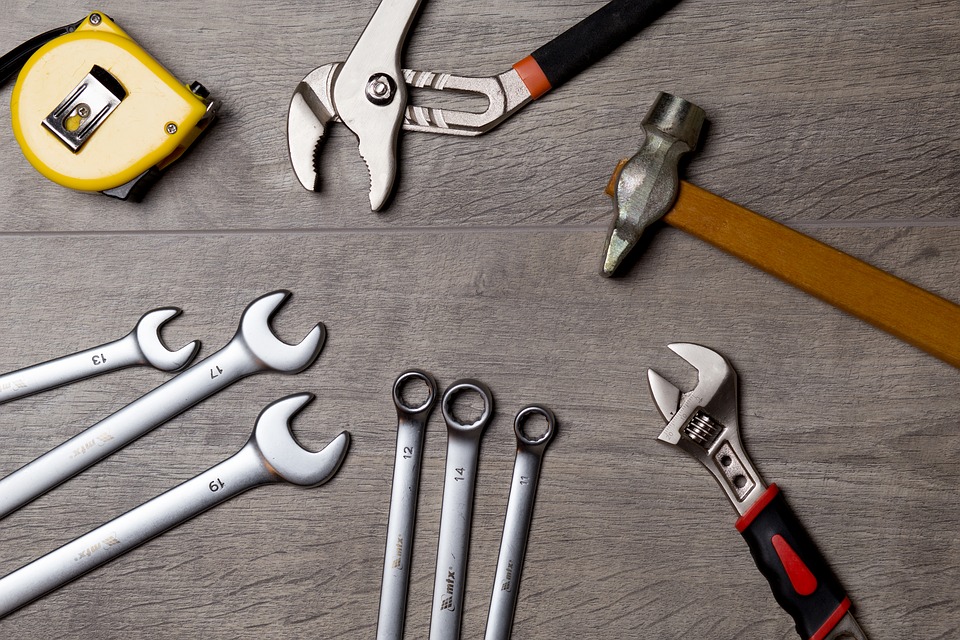My Boiler is leaking – What should I do next?
Finding a boiler leak can really ruin your day, and somehow it always happens at the least convenient time. Although, lets’s admit it, who is ever ready to face a leaking boiler without worrying about their budget and safety?
The good news is, a boiler leak will rarely pose a a danger to your household but you still need to address the problem as soon as possible. In most cases, a Gas Registered Engineer will have to take a look, if a fault is suspected.
The first thing you can do to minimise the damage is to turn off the hot and cold water supply to the house. Do this the moment you notice the leak, and swiftly call a leak detection specialist.
What could have caused your boiler to leak?
- Problems with Pressure
In this aspect boilers are very much like humans – they will cry (leak)and breakdown, if the pressure is too much. If you notice a puddle forming daily under your boiler is firmly closed. This will be a silver flexi pipe with one or two black taps – check that they’re firmly closed and tighten them up if not. Next you can bleed the radiator system – trust us, it is not that hard. You can give us a call to speak to one of our engineers if you need advice.
- Boiler Seals Damage
The boiler seals are essentially the parts that keep you boiler together. They expand as the heat rises to withstand pressure. If a seal is damaged, it is not an expensive part to replace but it is also possible that the problem includes the boiler pump, which could add up a more significant charge.
Ultimately, if your boiler is not nearing the end of it’s life a replacement will be beneficial but always best to speak to a qualified engineer.
- Corrosion could be the culprit
If you notice the boiler leak is coming from the pipes underneath, corrosion is a likely culprit. When water is combined with metallic parts from the system it will naturally corrode copper piping, and cause water to escape. If the corrosion is extensive and occurred over years and years, this is a big sign it might be time to say goodbye to your boiler, and start thinking new one.
If the boiler is less than seven years old it is worth discussing with an engineer, whether it can be saved – you’ll need to think of the cost of the current repair plus any future repairs, and compare it to the price of a new boiler.
Our expert boiler engineers can help.
- Loose Joints
Your boiler expands with the hot water and occasionally it’s possible for the joints to become lose. This problem can be solved with a simple tightening of the joints. However, if the issue persists the next day, there might be a more serious underlying issue.
- Wear and Tear
Sometimes we just have to admit a boiler is prone to wear and tear like any other appliance, and it’s life will eventually come to an end. As time passes the metal shell will become damaged from daily usage and start cracking and leaking water. This could be a sign that you might be due for a new boiler, Why not check our free quote boiler tool here.
How to keep your boiler safe and working for long
- Ensure it’s serviced annually, as this keeps your warranty valid and issues can be detected at early stages.
- Bleed your heating system annually, and book a power flush if you notice any sludge coming out.
- If your boiler is over pressurised, or under-pressurised then correct the pressure if possible.
- Never attempt to do a gas boiler repair on your own – you need a Gas Safe Registered Engineer.
- Invest in a boiler cover policy, this way breakdowns won’t hurt your pocket.
Finally, as hard as it can be, there comes a time when you have to accept that your boiler has an expiry date, and start preparing for a replacement as soon as you notice the first signs of aging. This will give you time to research the market, save up the money and make the right choice for your household.



